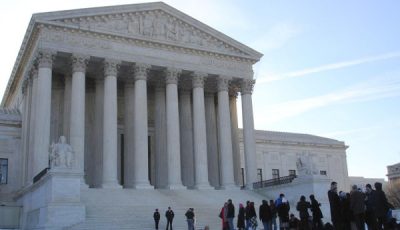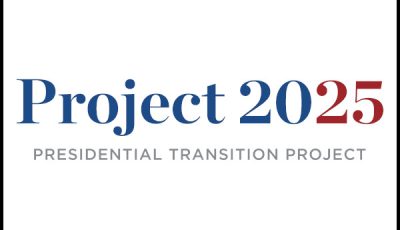Must Registration be Complete Before You Sue? A Copyright Case to Watch
 WASHINGTON – If you hold the copyright to content which has been pirated or otherwise used in ways which violate your intellectual property rights, chances are you’ve at least considered bringing legal action against the infringer.
WASHINGTON – If you hold the copyright to content which has been pirated or otherwise used in ways which violate your intellectual property rights, chances are you’ve at least considered bringing legal action against the infringer.
If you’ve pursued the notion to litigate beyond just thinking about doing so but hadn’t completed registration of the works in question with the U.S. Copyright Office, you may also have experienced the disappointment of having a lawyer tell you this fact precludes the possibility of suing in federal court and seeking statutory damages.
Under 17 U.S.C. §411(b), the law states “no civil action for infringement of the copyright in any United States work shall be instituted until preregistration or registration of the copyright claim has been made.”
What is less clear, due to a situation typically referred to as a “circuit split,” is how far along through the registration process one must be to satisfy the registration requirement.
In cases decided within 10th and 11th Circuits, the court has taken the position the law is clear in requiring a registration to be granted by the Copyright Office prior to a case being filed in federal court. In the Fifth and Ninth Circuits, however, the courts have viewed things differently, allowing plaintiffs to file after delivering an application for the copyright and paying the required fee, but before the Copyright Office has considered and approved the application.
In late June, the U.S. Supreme Court granted certiorari in the case Fourth Estate Public Benefit Corp. v. Wall-Street.com, a case which originated in the Southern District of Florida, which is part of the 11th Circuit.
The basic facts of the case aren’t in dispute. Fourth Estate is a news organization which produces online news articles. Fourth Estate licenses the articles to various websites but retains the copyright to them. Wall-Street.com licensed articles from Fourth Estate under a license agreement which required Wall-Street to remove all content produced by Fourth Estate from its website, in the event Wall-Street cancelled its Fourth Estate account.
Wall-Street continued to display the articles after cancelling its Fourth Estate account, leading Fourth Estate to file a copyright infringement complaint against Wall-Street and its owner, Jerrold Burden. As noted by the court, however, “the complaint did not allege that the Register of Copyrights had yet acted on the application.”
The district court dismissed Fourth Estate’s complaint, holding that the Copyright Act “permits a suit for copyright infringement only after the Register of Copyrights approves or denies an application to register a copyright.”
The 11th Circuit Court of Appeals upheld the district court’s ruling, holding that “filing an application does not amount to registration.”
“The Copyright Act defines registration as a process that requires action by both the copyright owner and the Copyright Office. A copyright owner must first deposit a copy of the material with the Copyright Office, file an application, and pay a fee,” Circuit Judge William Pryor wrote for the unanimous panel. “The use of the phrase ‘after examination’ in section 410(a) makes explicit that an application alone is insufficient for registration.”
In its petition for certiorari, Fourth Estate argued the interpretation of “registered” adopted by the 11th Circuit “can deprive the owner of a valid copyright of statutory remedies for infringement” and urged the Supreme Court to hear the case because “there is no prospect that further litigation will resolve the conflict among the circuits.”
The office of the U.S. Solicitor General filed an amicus curiae brief in which it argued the 11th Circuit correctly dismissed the case – but that the Supreme Court should hear the case anyway, to resolve the split between the judicial circuits.
“The court of appeals correctly affirmed the dismissal of petitioner’s copyright infringement suit because petitioner had filed its complaint before the Register of Copyrights had either approved or refused petitioner’s application for registration,” the Solicitor General stated in the brief. “This Court’s review is warranted, however, because the decision below implicates a longstanding circuit conflict on an important and recurring question of copyright law. The petition for a writ of certiorari therefore should be granted.”
The case has not yet been scheduled on the Supreme Court’s argument calendar, so it’s unclear precisely when the justices will hear the case, but it will take place at some point in the coming term. YNOT will publish additional coverage when the time comes.













